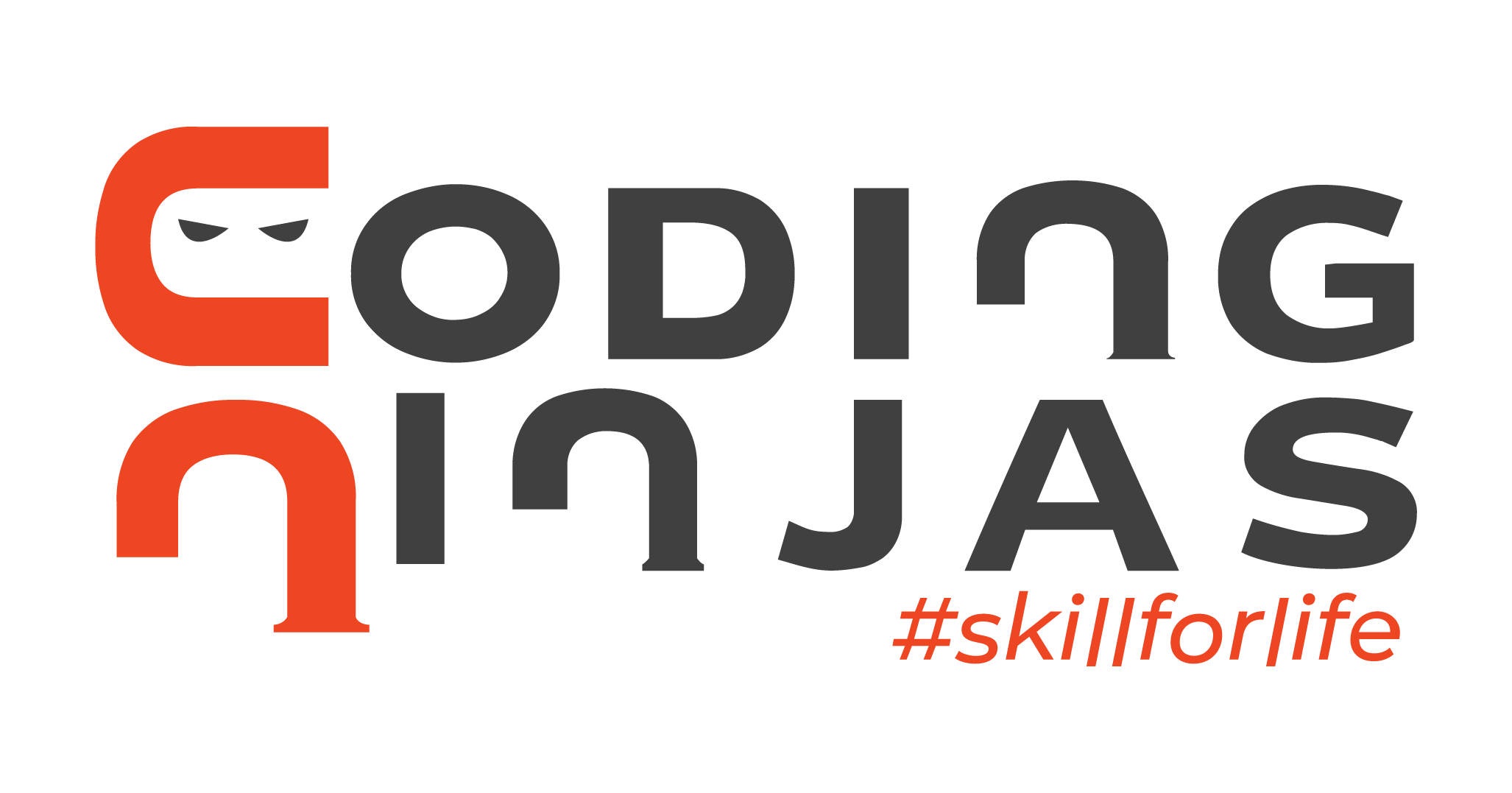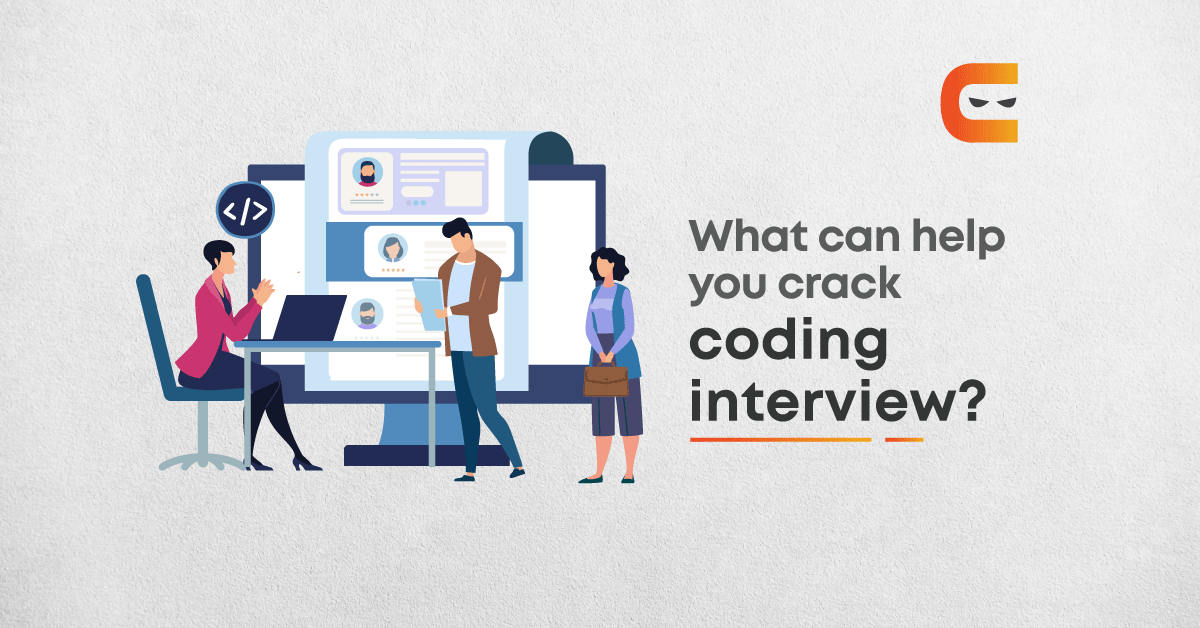Table of Contents
Introduction
You have a one in 250 chance of getting selected for the next job you apply to. This was determined by Glassdoor for Employers’ statistics compilation that calculated the average number of applications a job opening gets and how candidates are shortlisted thereafter.
Discussions on hard work vs luck are ongoing in almost every field. You may likely have heard that both hard work and luck play an important part in your job hunt. You might also be wondering how much success is down to luck and how you can attract luck.
Sounds relatable?
Luck is an elusive factor and it is not in your control. This means that there will always be an element of chance and interviewers might not accept your application due to any number of reasons from the way you entered to the fact that you did not smile enough through the process.
But what if you could stack the deck in your favour?
Through this article, we hope to help you understand the hard work vs luck discussion better and learn how you can change your mindset to be successful in upcoming interviews.
Breaking Down the Interview Process
There are three main sections into which you can break down your interview process. The hard work vs luck equation is different for each of these sections.
What are these sections? Let’s see.
The preparation phase
This is the phase before getting an interview when you are putting all your energy into your job application. Hard work is the only important factor during this time.
Learning new skills and polishing your existing knowledge related to Data Structure and Algorithms (DSA) can help you. The more time you put into studying these topics and taking courses on related subjects, the better equipped you will be to handle any interview question.
Landing an interview
From this stage onwards, luck starts to play a role in your job application process. You can actively seek out opportunities on job boards, make connections on LinkedIn, send cold emails to companies you want to work with, but in the end, it all depends on if they have a suitable vacancy.
That’s just the truth
However, keeping at it and constantly being active when reaching out to employers or vice versa can dramatically increase your chances at this stage.
The Interview Phase
Interviewers form an impression about a candidate within the first 90 seconds of the interview. The timer starts from the time you open the door to the interview room.
By the time you get into the interview room, you are expected to have done all your homework and your selection will heavily depend on the interviewer. The hard work vs luck metric is almost at 50-50 at this point.
Hard Work vs Luck: The role each factor plays in Success
According to Jobvite, 67% of recruiters cite the lack of talent as the reason they are unable to fill positions. In such a scenario, knowing the basics of your subjects, having an understanding of core programming, and efficient presentation skills can help you stand out from the crowd.
Business Insider also mentions that you might get back a single reply after an average of 27 applications. Job seeking requires you to be consistent and not give up midway. You also need to keep growing so that you are better prepared in each subsequent interview. In the hard work vs luck battle, the former is always likely to give you better results.
Hard work and consistency pay off.
Luck can have a short-term effect on a few applications but being better prepared will always hold you in good stead.
Does luck come from hard work?
It is often cited that the harder you work, the luckier you get. While there is no way to quantify this in the hard work vs luck debate, keeping yourself prepared to the best of your ability will help you take advantage of the opportunities presented to you.
It is important to focus on the things under your control. If you are constantly upskilling, revising important concepts like trees, arrays, stacks, queues, graphs, etc., then you automatically give yourself a better chance in an interview.
You can still have bad luck.
Luck will play less of a role if you apply to several places instead of focusing only on 2-3 big companies. You can then compensate for the dip in luck you might have in some interviews.
Focusing on things that are under your control also keeps you positive. If you feel that success is not in your hands, then you will be less likely to work hard for it.
Frequently Asked Questions
Hard work is a major factor throughout the interview process but luck does play a role. If you put it down in numbers, hard work would account for about 70% of success while luck accounts for the other 30%.
There is no secret to success. If you know all your basics well and present a confident front then you are more likely to succeed. The rest depends on factors outside your control.
Luck does play a role in success but you can improve your odds by knowing what employers are looking for during the interview process and upskilling to remain relevant in the market.
On average, you can say about 30% of success in your job search can come down to luck.
While there is no standard formula for this, working hard on your technical and presentation skills, conducting thorough research on the company you are interviewing for, and constantly upskilling yourself to have an edge over the competition can help you have a better chance of being selected.
Key Takeaways
After looking at the above observations in the hard work vs luck debate, it becomes clear that both can play a role in your success. However, being disappointed because you lost out due to bad luck can make things worse for your subsequent job interviews.
Studying, upskilling, and focusing on consistently presenting yourself well, on the other hand, help you get better every time you leave an interview room.
Luck may or may not favour you in a given interview, but hard work will always be on your side throughout your job search.















Leave a Reply